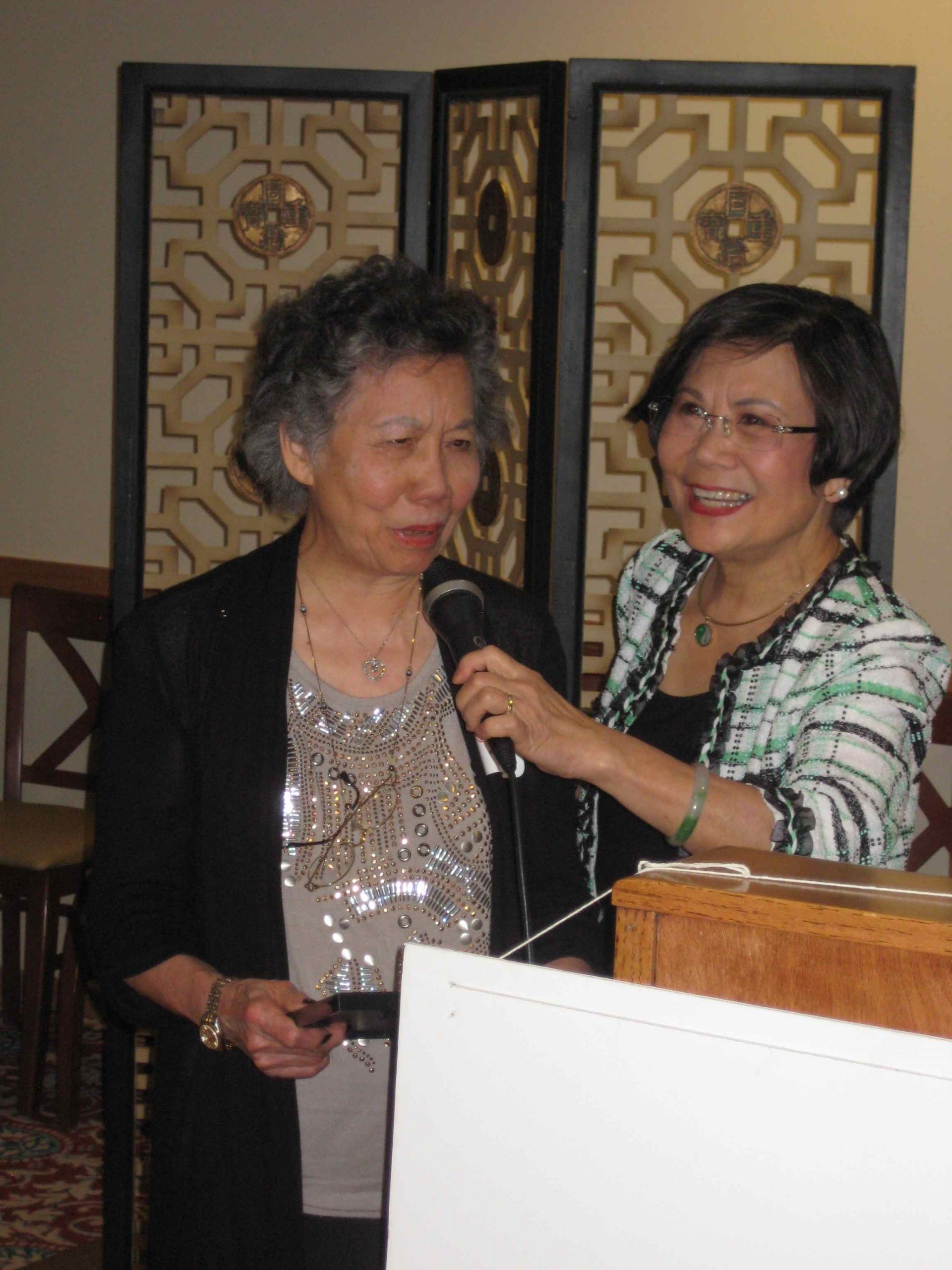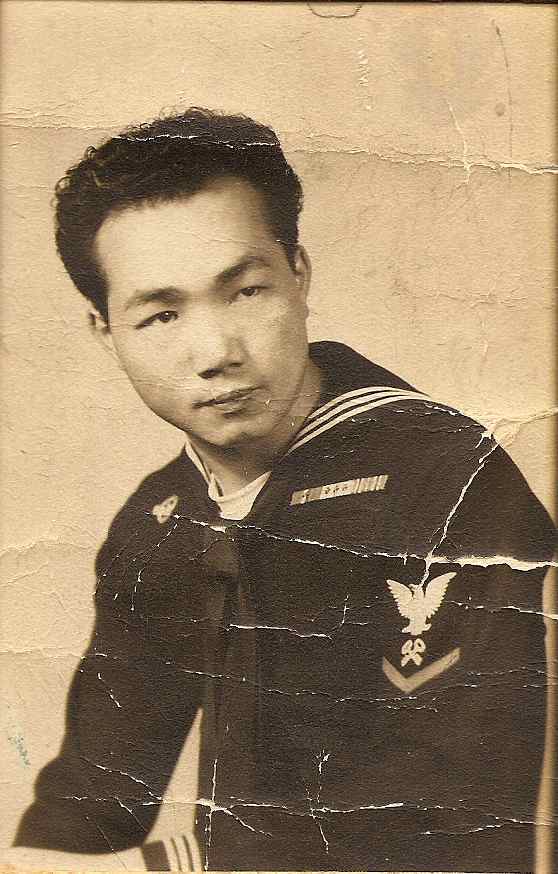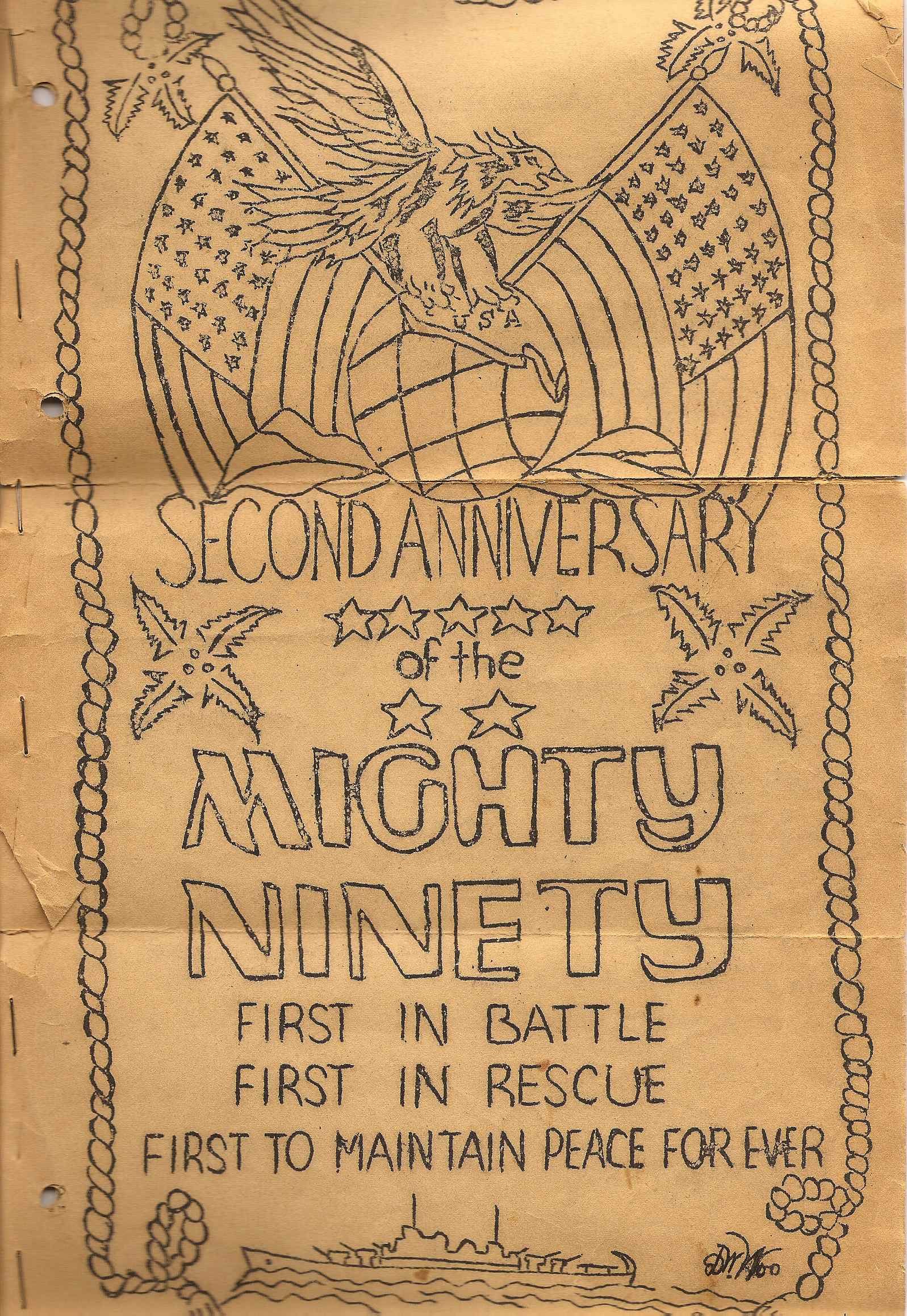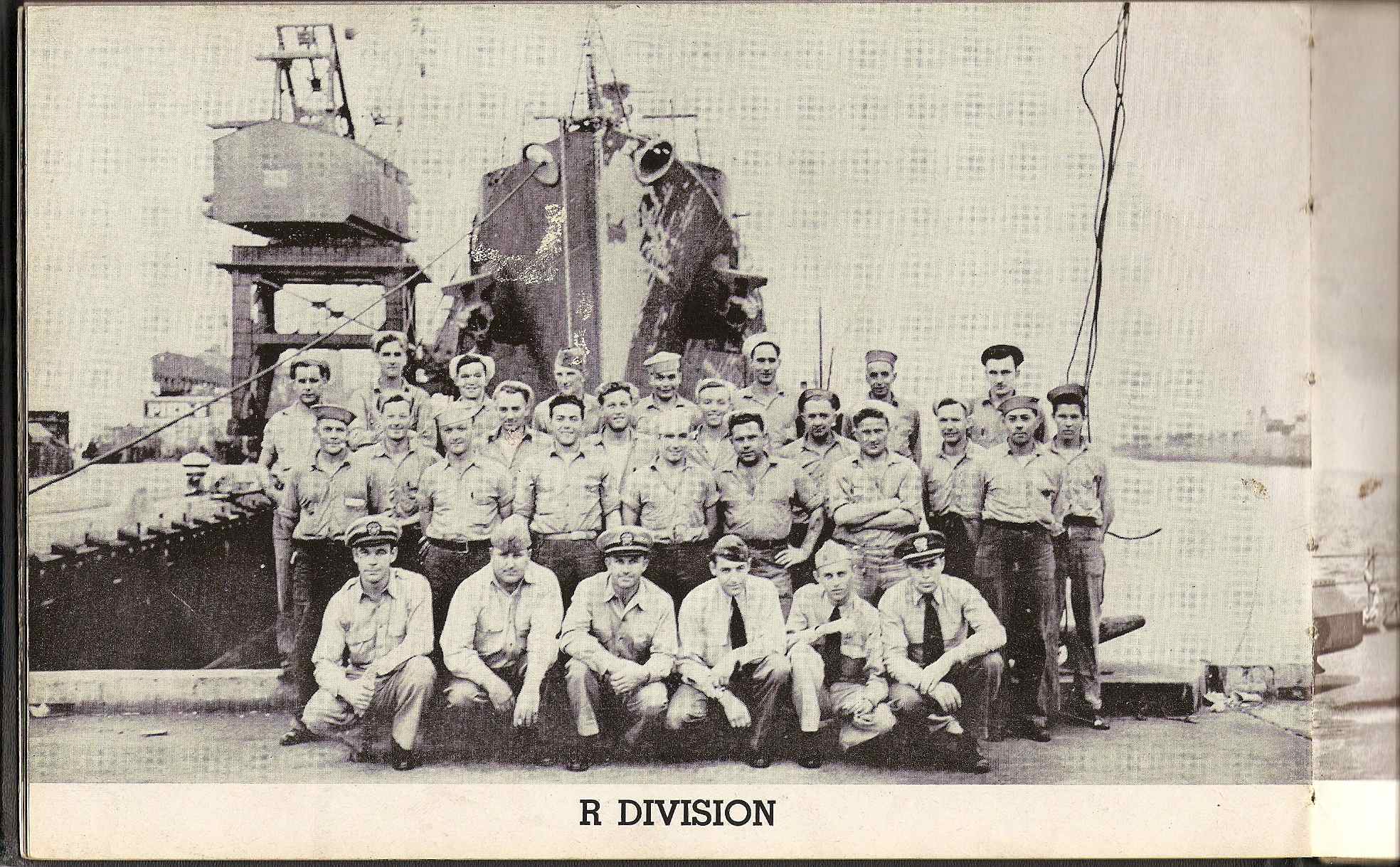Danny Woo
An interview with Lila Woo, widow of Danny Woo
Lila — I spent my childhood in my home village with Taishan, China. Back then Taishan was divided into different areas bordered by gates in each direction. There were many different villages there, sometimes each one consisted of families all with the same last name: Wong, Fong, etc. We were actually very close to the Pacific Ocean, but back then with no public transportation, we did not venture beyond our own village.
 I was an only child in our family. My mother had been pregnant with a son earlier, but miscarried along the way. My father returned to his work in Canada when I was 3 months old, and sent money home regularly while my mother and I lived with his mother, brother and sister. I grew up being close to my mother and she often said that with just one daughter, there was no need to rush me into marriage.
I was an only child in our family. My mother had been pregnant with a son earlier, but miscarried along the way. My father returned to his work in Canada when I was 3 months old, and sent money home regularly while my mother and I lived with his mother, brother and sister. I grew up being close to my mother and she often said that with just one daughter, there was no need to rush me into marriage.
When Japan invaded China communication with my father became difficult. For about 8 years my mother did not receive any letters or money from him. Fortunately our family had much land and we were able to grow enough food and raise chickens for our own needs. We had more than enough and often shared our surpluses with our relatives who did not have enough.
I was fortunate to be able to attend school. It was a luxury that farmers’ children could not afford. Very few children could progress through primary school to junior high/senior high/college. I walked to grade school and back everyday, even though it was a fairly long distance. All the students ate lunch at the school dining room and we could pay for our lunch with money and rice. I remember once a friend in my class had no money with her. She was looking so longingly at that bowl of wonton noodle soup that, without hesitation, I gave her my lunch money. I did not realize until afterwards that I would then have to go home to get more money to pay for my own bowl of wonton soup!
Soon the Japanese bombing came to our village. I remember the first time they came because my mother had gone out shopping and she ran home without finishing when the Japanese planes came. First the planes would fly really low to look around, to assess where their bombing would make the most damage. They flew so low that we could make eye contact with the pilots. Then on their second flyover the bombing would start. By that time we would all be scattering and running for coverage. There were sirens that would go off, but usually by the time we heard them, it was already too late.
The planes came once during our weekly market day when many people were out. We all dove into the ditches. How would they know there would be so many of us out at that time? Were there traitors among us giving them the information?
Another time the bombs came when a family with three boys happened to be outside. They did not have enough time to run for cover and the entire family was killed.
By this time things were getting difficult for everyone and I saw people starving to death on the streets, including babies. There was no school any more. Even our family was beginning to feel the pinch.
Once the Japanese Army came to our village, without warning. They were coming up over the hill and we ran to hide in the bunkers on the bottom of the hill. All the mothers were keeping their hands over the mouths of their children in order to keep them quiet. The Army came through our village and took everything, the eggs, the chickens, the rice, and the pumpkin. But they did not take the winter melon. I suppose they did not know what to do with or how to cook them. But they really liked the pumpkins.
After the War ended in 1945 school opened again and I resumed my attendance. Things were still just getting back to order and we could pay for our tuition with rice and money.
Then the news came that Chinese American GIs from the U.S. were in town looking for wives. It generated a lot of buzz because marrying one of them would be big for any family. All mothers were dreaming of marrying their daughters to one of them.
Danny — Danny was born in China and lived with his mother while his father was working in Minneapolis. His father came back to get him when he was 8-10 years old.
Minneapolis. His father came back to get him when he was 8-10 years old.
Danny enlisted as soon as he was eligible, in 1944, for the U.S. Navy. Had he b
een late by a
week he would have been drafted into the Army. He was assigned a storekeeper on board the battle cruiser U.S.S. Astoria in the Pacific. Being a storekeeper seemed to have been a common assignment for Chinese enlistees at the time. He liked to draw and drew this cover for a magazine on board ship.
 Within 3 months of his assignment the War was over. His ship was in Pearl Harbor then. He was discharged, came back to Minneapolis and left for China right away.
Within 3 months of his assignment the War was over. His ship was in Pearl Harbor then. He was discharged, came back to Minneapolis and left for China right away.
Danny and I did not meet until our wedding day. There was a big wedding celebration for us. I did not even know how to talk to Danny. But he was very patient. We stayed in Danny’s family home and I went home to visit my mother often. I soon became pregnant and we had to plan to return to the U.S. before the baby was due, because we wanted the baby to be born a U.S. citizen.
 We arrived in Minneapolis during the heat of the summer and rented a house together with Danny?s father. Danny went back to work at Nankin where he had worked before he enlisted for the Navy. Walter James, the owner, had been kind to Danny and had thrown a farewell party for him when he enlisted.
We arrived in Minneapolis during the heat of the summer and rented a house together with Danny?s father. Danny went back to work at Nankin where he had worked before he enlisted for the Navy. Walter James, the owner, had been kind to Danny and had thrown a farewell party for him when he enlisted.
I did not like the hot weather. But Danny was kind and patient. He took me to Sunday School at Westminster Presbyterian Church where Jane Wilson took me under her wing and helped me in numerous ways, in addition to teaching me English, to adjust to a strange country. There were several other War Brides, as Aunt Jane called us, who arrived in Minneapolis at about the same time. Meeting and becoming friends with them saved my life. Some of them, like Pearl Wong, lived only about 5 miles from my home village. But we never met until we arrived here.
Danny also taught me how to cook. Back home we had maids and my mother did the majority of the cooking. So I knew nothing. Soon my first baby, Linda, was born. Three more followed in quick succession, within the next four years. I had a total of two boys and two girls, and no more free time. I did wish I had more time to sleep, but one of any of the four babies would be awake at any one time.
We bought our first house in 1950 and saved as much money as we could so that we could open our own restaurant. In the meantime Danny’s mother came over here to help with the children so that I could work also. We opened our first restaurant at 4725 Excelsior Blvd. in St Louis Park. It was called Danny Woo Cafe.
Later on we moved the restaurant to Highway 394 and then back to St Louis Park. It was called Bernie Park Deli and we served Chinese and American food. I remember the long hours we worked in the kitchen.
My father, who had his own restaurant in Saskatchewan at the time, came to see me in 1950. It was the first time I had seen him since I was 3 months old. My mother came over in 1952 and then went to join my father in Saskatchewan. When they retired they moved to Edmonton and liked the Chinese food there. My family and I went to visit them every other year. My mother passed away when she was 72, but my father lived to be 90. He came to attend the wedding of our son and a few months later he passed away. I was grateful I had a chance to get to know him after I moved here.
When we were ready to retire, our kids did not want the restaurant. So we sold it. I traveled a bit, going to San Francisco to visit an old school classmate, and returning to China for my 65th reunion at my school. Danny and I took a long trip to China, with a group of 16 people. Among other things, we ate snake. We liked Shanghai and its good food.
Danny has since passed away and today I continue to enjoy my four children and their families. All four children are college graduates and have successful careers. I am so blessed to have had such a wonderful life.
